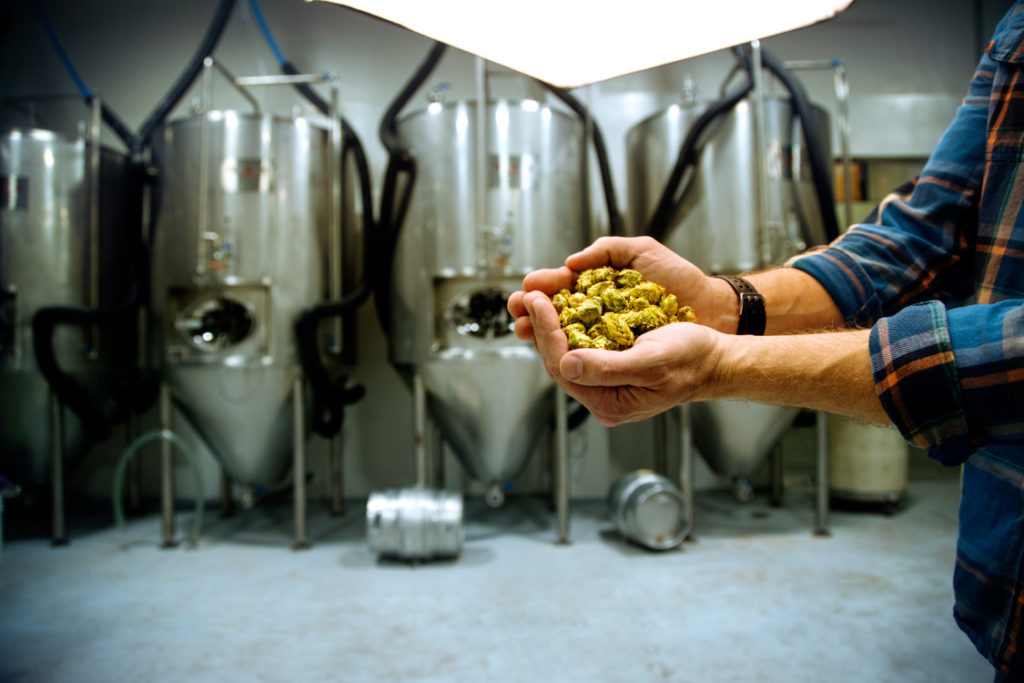New York’s Craft Beverage Industry Supported by Cornell Institute
The craft beverage industry is a regionally important economic driver in New York State. The 400 craft brewers in the state had an overall impact of $5.4 billion in 2018, with those numbers expected to continue increasing in the future. To support this growing industry, Cornell University has opened the Cornell Craft Beverage Institute in Geneva, NY.

In the past year alone, the Cornell Craft Beverage Institute has educated 500 craft beverage professionals and entrepreneurs.
Jason Koski / Cornell University
The Craft Beverage Institute is a comprehensive resource hub and laboratory that provides a full range of services for craft brewers. The institute was created by combining the Cornell Enology Extension Laboratory, the Craft Beverage Analysis Laboratory (formerly the New York State Wine Analytical Lab), and the Cornell Brewing Extension Laboratory. By merging these organizations under one title, the institute becomes a centralized one stop location for all fermented beverage needs.
“We work with both new and experienced beverage makers, whose problems range from fairly simple to technical and complex,” Anna Katharine Mansfield, an associate professor of enology in Cornell’s Department of Food Science, told the Cornell Chronicle.
Craft beverage producers of any size and experience level can find help at the Geneva based institute. Whether they seek sample analysis, training workshops, or agricultural advice, the Cornell Craft Beverage Institute provides producers with everything they need. Since rebranding, the institute has been able to accommodate a wider range of services. Historically, Cornell extension offices have predominantly specialized in wine, but the new office has resources for craft brewers, distilleries and cideries as well.
“We’ve got the instrumentation — those expensive machines — that wineries and other craft beverage makers do not normally have,” Mansfield said. “To solve problems, we give beverage makers guidance on analysis, help them interpret the lab numbers and provide counsel on actions to take.”
To learn more, read the original article published by the Cornell Chronicle.

